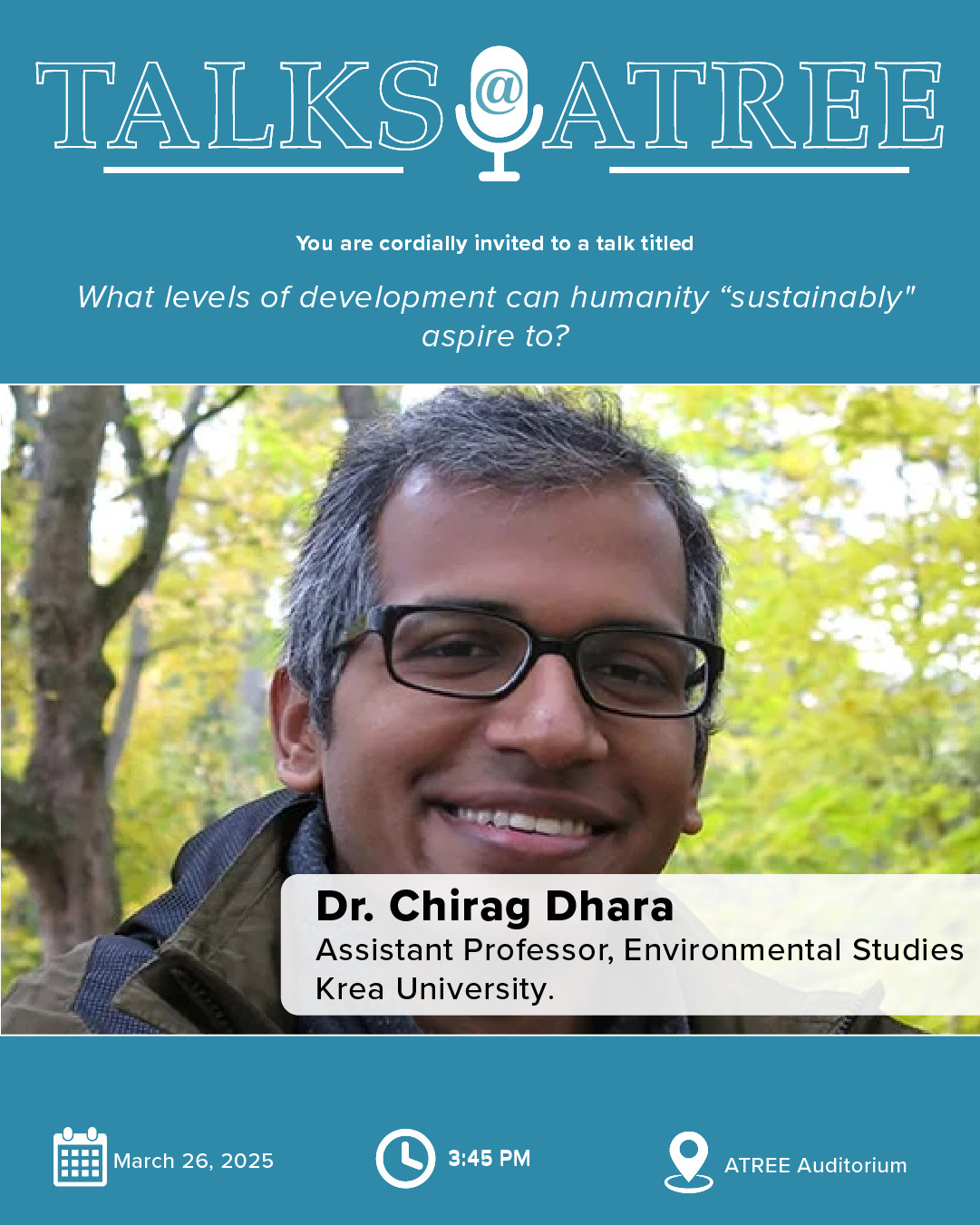
Abstract
What is the level of development that the Global South can sustainably aspire to? We argue that positioning Nordic countries as the leaders of “sustainable development”, as is often done, poses a serious dilemma: international adoption of their lifestyles risks severely breaching planetary biophysical limits, while non-adoption risks perpetuating developmental inequality. We introduce a revised conceptual framework for “sustainable development” emphasising scalability as a pivotal facet. Our results highlight Panama, Costa Rica, and Sri Lanka as having achieved high levels of social progress with low environmental pressures, representing a more realistic aspiration for the rest of humanity.
About the speaker
Chirag is a quantum physicist turned sustainability scientist with two doctorates: one in Earth System Science (2017) from the Max Planck Institute for Biogeochemistry, Germany, and the other in Photonics (2013) from the Institute of Photonic Sciences, Barcelona, Spain. Chirag’s research interests span climate science and its implications for development. His work focuses on two broad areas: 1. enhancing global and Indian monsoon projections in response to changing aerosols, and 2. environmental performance internalising equity and biophysical limits to Earth’s functioning.
He co-authored India’s regional (WG1-style) climate change assessment report released by IITM, Pune in 2020. He was a contributing author to the IPCC AR6’s Atlas (2021).
